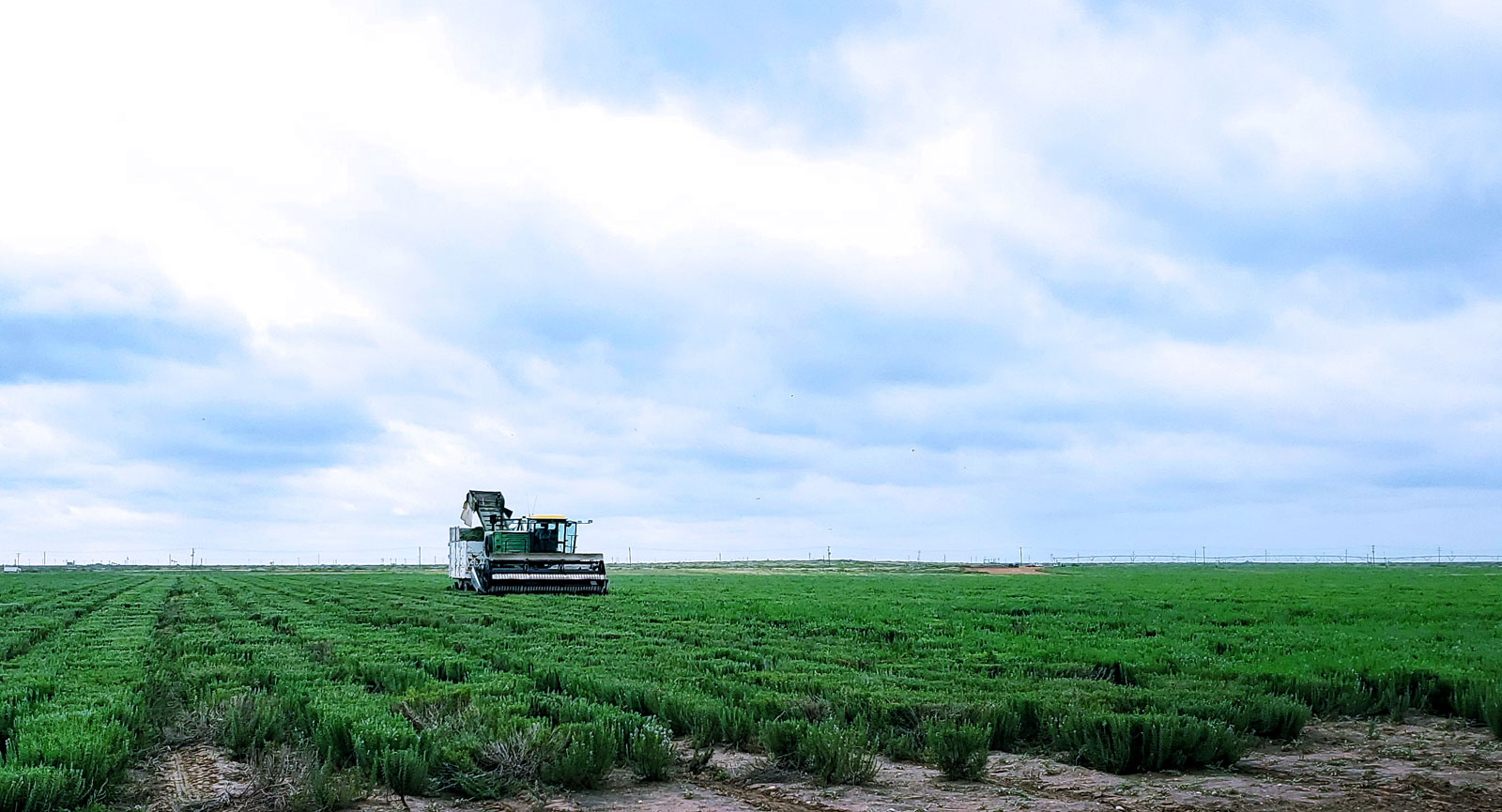
Often overlooked during the discussion on food integrity is the potential risk of pesticide contamination. While pesticides have an important role to play in protecting and increasing crop yields for an expanding world population, pesticide residue entering the food chain can pose a risk to human and animal health and must be monitored while limiting exposure.
Kalsec’s Pesticide Monitoring Program
Monitoring pesticide residue in food products is required by regulatory bodies around the world as well as being ethically responsible. The World Health Organization reviews evidence and determines internationally accepted maximum residue limits (MRLs), which helps ensure consumers worldwide can have confidence that the food they buy meets the standard for safety and quality.
Kalsec’s core values include honesty and integrity. Kalsec adheres to these values with its own pesticide monitoring program which ensures customers can trust to have a compliant product and consumers can have confidence in the safety of their food. As part of its pesticide monitoring program, Kalsec often uses pesticide residue reports from suppliers and third-party laboratory analysis to look for hundreds of potential pesticides in our supply chain. While these results differ in breadth and scope of pesticide residues examined, Kalsec has developed our own capabilities to focus on pesticides deemed high risk in certain products, which include Taste Solutions, Colors, and Food Protection Solutions. The pesticide monitoring program at Kalsec involves many areas of the business from finishing and procurement to quality control and regulatory.
Selective Methods of Analysis
For some high-risk, high-value situations, Kalsec has established sensitive, selective methods of analysis and performs its own testing for specific pesticides in commodities, unstandardized extracts and formulated products, such as profenofos in cumin and chlorpyrifos in fennel seed. Kalsec uses highly accurate and sensitive UPLC-MS/MS instrumentation to monitor products for these pesticides at concentrations as low as 2 parts-per-billion.
The challenge is detecting small amounts of pesticide residue in products derived from natural sources. These products are inherently complex due to the diversity of compounds present which enable the plants to grow and thrive under different environmental conditions. Kalsec’s analysis for pesticide residue can sort through this diverse and complex material to find the pesticide of interest by using a mass spectrometer, the MS in UPLC-MS/MS, which sorts items by mass, like a molecular scale. Compare it to a coin sorter, which sorts coins by size. The coin sorter can be given a mix of coins and sorts them by size so that the exact number of quarters, dimes, nickels, and pennies present can be counted. That’s how a mass spectrometer works except instead of sorting by size it sorts by mass. When given the mass for a specific pesticide the mass spectrometer can sort through all the material present in a vegetable, fruit, or leaf and find if that exact pesticide is present.
Each pesticide analysis focuses on a single pesticide residue, as opposed to dozens or hundreds in a multi-residue analysis, which provides greater selectivity (ensuring we are only measuring what we are looking for without interference from other compounds) and lower sensitivity (enabling us to see very small amounts). Using the coin sorter analogy again, it is equivalent to looking for only dimes and ignoring the quarters, nickels, and pennies, which makes it more likely to count any dimes present because one does not also need to count the other coins at the same time. Using standard addition calibration results in an accurate measurement of pesticide residue in complex products like natural sources. Simply, this approach allows Kalsec to be more confident of any pesticide residue present even at very low amounts.
Protecting the Food Chain from Contaminants
Kalsec is motivated and invested in our role protecting the food chain from contaminants. It is critically important to protect people’s well-being using thorough and sound science to keep our food healthy and safe. After all, we each consume these products and that gives us all the understanding we need to continue this work at the highest degree possible.
Kalsec treats nature with great respect and our status as a Certified B Corporation ensures we are held to the highest standards for environmental and social practices. The pesticide monitoring program at Kalsec is one piece in our daily practices to re-affirm our commitment to those values.